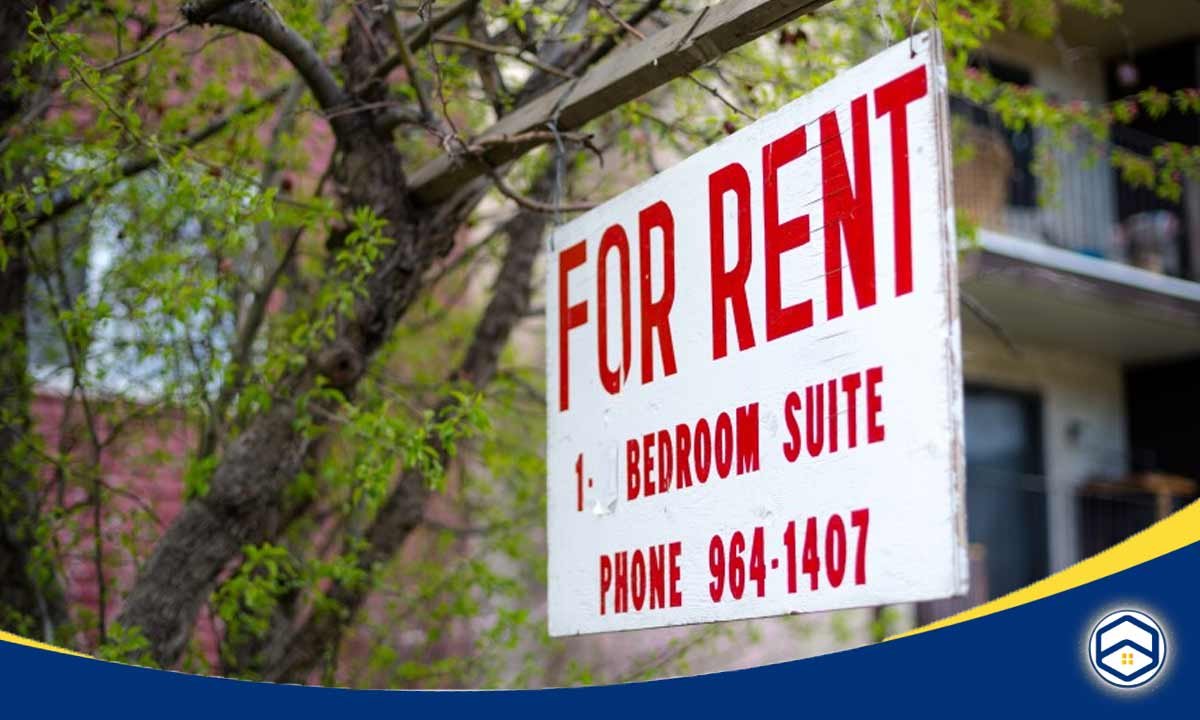In the dynamic world of real estate, property management plays a pivotal role in ensuring the seamless operation and profitability of investment properties. One crucial aspect that landlords and property owners must navigate is the realm of property management fees. This guide explores property management fees, providing insights and tips to help you understand costs and optimize returns.
The Basics of Property Management Fees
Property management fees are charges incurred by property owners for the professional services rendered by property management companies. These fees typically cover a range of services, including property marketing, tenant screening, rent collection, maintenance, and financial reporting. Understanding the breakdown of these fees is essential for property owners to make informed decisions and ensure a profitable investment.

Common Types of Property Management Fees
Delving into the intricate structure of property management fees unveils a range of charges designed to orchestrate the seamless functioning of rental properties. These fees play a pivotal role in establishing a symbiotic relationship between property owners and management companies, ensuring that every aspect of property management is efficiently handled. Let’s take a closer look at the common types of property management fees:

Leasing Fee
The Leasing Fee is a one-time charge that comes into play when a property management company triumphantly secures a new tenant. This fee encompasses various essential services, including strategic marketing initiatives to attract potential tenants, rigorous tenant screening processes to ensure the selection of reliable occupants and the meticulous preparation of comprehensive lease agreements. By covering these aspects, the Leasing Fee acts as a crucial initial investment for property owners looking to fill vacancies and initiate profitable leasing agreements.
Management Fee
Positioned as a recurring charge, the Management Fee stands as a percentage of the monthly rental income. This ongoing fee forms the backbone of property management services, encompassing a spectrum of tasks essential for the day-to-day operation of rental properties. Among its various roles, the Management Fee facilitates the seamless collection of monthly rents, coordination of property maintenance and repairs, and the establishment of effective communication channels with tenants. As a consistent investment, the Management Fee ensures that property owners can delegate crucial responsibilities, allowing them to focus on the broader aspects of their real estate investments.
Maintenance Fee
Some property management companies introduce a separate Maintenance Fee, specifically earmarked for the coordination and oversight of property maintenance and repair activities. This fee addresses the ongoing need to uphold the property’s condition, ensuring tenant satisfaction and compliance with local regulations. Understanding the comprehensive scope of the Maintenance Fee becomes paramount for property owners, contributing significantly to the formulation of meticulous budgets and preventing unexpected financial burdens associated with property upkeep.
Renewal Fee
As leases approach their expiration, the Renewal Fee takes center stage. Charged when a tenant opts to renew their lease agreement, this fee compensates the property management company for the considerable efforts invested in navigating the complexities of lease extension negotiations and paperwork. Acknowledging the Renewal Fee is essential for property owners as it reflects the ongoing commitment and proficiency of the property management company in retaining quality tenants and sustaining long-term lease agreements.
Factors Influencing Property Management Fees
- Location, size, and type of the property
- Range of services offered by the property management company
- Market demand in the local area
- Complexity of the property
- Local competitive landscape

Property owners should evaluate these factors to negotiate favorable terms aligning with the service level provided.
Tips for Negotiating and Reducing Property Management Fees
Navigating the landscape of property management fees requires a strategic approach, and savvy property owners are increasingly turning to nuanced techniques to optimize their financial arrangements with property management companies. Here are extended insights into key strategies for managing property management fees:

Comparative Analysis
Before embarking on negotiations with a property management company, conduct a comprehensive comparative analysis of property management fees in your local market. This entails researching and benchmarking prevailing rates charged by other reputable firms. Armed with this knowledge, you gain a powerful tool during negotiations, allowing you to advocate for a fee structure that aligns with industry standards while considering the unique aspects of your property.
Service Customization
Recognizing that a one-size-fits-all approach rarely serves the best interests of property owners, advocate for service customization with your chosen property management company. Collaborate with them to tailor their suite of services to your property’s specific needs. This not only ensures that you receive the services essential to your property’s success but also helps eliminate unnecessary fees for services that may not be applicable to your particular real estate investment.
Performance-Based Incentives
Consider introducing performance-based incentives into your fee negotiation strategy. These incentives can be tied to key performance indicators (KPIs) that align with your property’s profitability. By linking the property management company’s success to your financial outcomes, you create a mutual interest in achieving and surpassing set targets. This innovative approach not only motivates the property management company to excel but also ensures that your investment goals are at the forefront of their operational strategy.
Long-Term Contracts
Strategic planning extends to the duration of your partnership with a property management company. Signing a long-term contract can offer a range of benefits, including stability, consistency, and potentially, a leverage point for negotiating lower management fees. Committing to a long-term arrangement signals to the property management company that you are invested in a sustained and fruitful collaboration. This commitment can be leveraged to negotiate favorable terms and secure a fee structure that aligns with the longevity of your partnership.
Maximizing Returns Despite Property Management Fees
While property management fees are inevitable, the key is to maximize your returns despite these costs. Implementing efficient property management strategies, staying actively involved in decision-making processes, and regularly assessing the performance of your property management company can contribute to a positive return on investment.
In conclusion, understanding property management fees is paramount for property owners seeking to optimize their real estate investments. By comprehensively examining the basics, types, influencing factors, and negotiation strategies, you can make informed decisions to ensure a harmonious and profitable partnership with your property management company. Remember, strategic planning and effective communication are key to achieving success in the realm of property management fees.








